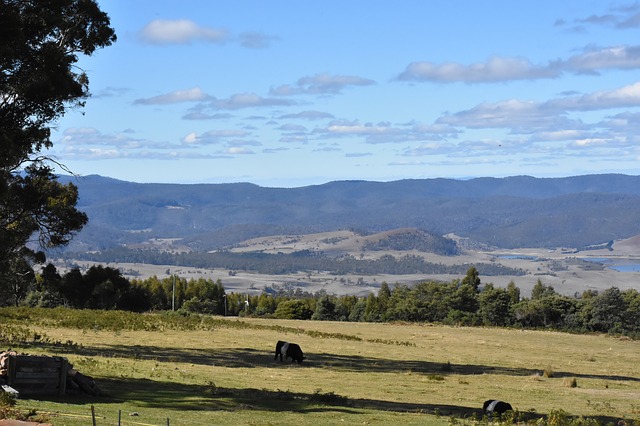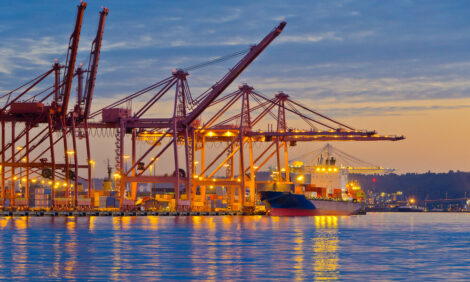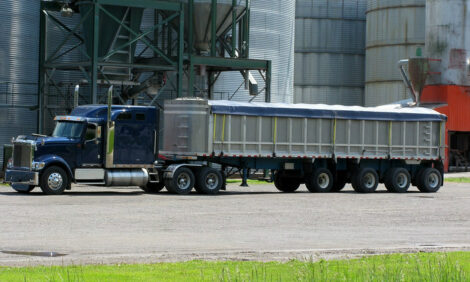



Brazil’s meatpackers face on-going sustainability issues
Socially conscious investors rank Brazil’s meatpacking giants JBS and BRF as “medium” risk and Minerva as “high” risk, saying that the firms have yet to address key sustainability issues.Reuters reports that the Coller FAIRR Protein Producer Index finds that on-going sustainability issues are affecting investor perceptions of the meatpacking industry.
One smaller Brazilian meatpacker, Minerva SA, was ranked "high risk" by the FAIRR Initiative, an investor network that monitors environmental, social and governance (ESG) issues across the dairy, meat and aquaculture sectors.
JBS, BRF and Marfrig were rated "medium risk" in the index, which ranked 60 global listed companies against 10 ESG risk factors.


Of the 60 firms covered, 38 firms valued at $165 billion are ranked as "high risk" on average, across all of the 10 risk and opportunity categories gauged by the FAIRR Initiative, whose members have $25 trillion of assets under management.
In Brazil, Marfrig got the top score of 59 out of 100 possible points. Rivals JBS and BRF scored 51 and 49 points respectively. Minerva scored 20 points.
In a statement, Minerva disagreed with FAIRR's methodology, saying the index criteria are too broad and can potentially distort results. JBS praised "the evolution" of FAIRR's criteria after rising ten positions in the overall standings.
The top performer among all was Norway's Mowi, the world's biggest farm-raised salmon supplier. The two worst performers are based in China and India.
This year, climate change and the COVID-19 pandemic weighed on an industry "already cracking from fundamental constraints around land, water and antibiotics use," FAIRR said. The health crisis exposed "governance failings" with respect to working conditions in meat-packing plants, it said.
In Brazil, companies including JBS, Marfrig and Minerva are also increasingly subject to close scrutiny due to alleged links with Amazon deforestation.
While FAIRR recognises their commitments to avoid buying cattle from areas where deforestation potentially occurred, it said tracing the origin of cattle only from direct suppliers was not enough.
Marfrig said in a statement it can trace the origin of 42 percent of cattle supplied by direct breeders, and by 2030 aims to be able to trace 100 percent.
BRF did not provide comments.
JBS said it monitors cattle suppliers on 45 million hectares in the Amazon, an area bigger than Germany.










